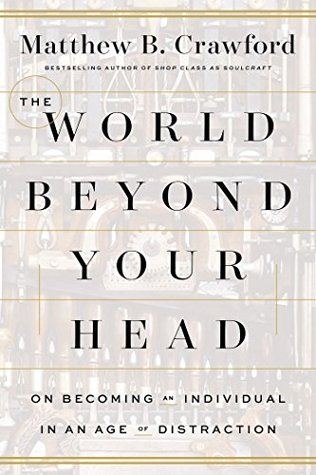In the computational theory of mind that prevails in conventional cognitive science, we are assumed to have internal representations of the world, and these representations are built on symbols that are meaningless in themselves; they “encode” features of the world in the same way a computer represents states of affairs with a string of zeroes and ones. The symbol-grounding problem is this: How can arbitrary symbols take on meaning? How do they acquire propositional content and reference, such that they say something about the world?
Welcome back. Just a moment while we sign you in to your Goodreads account.


